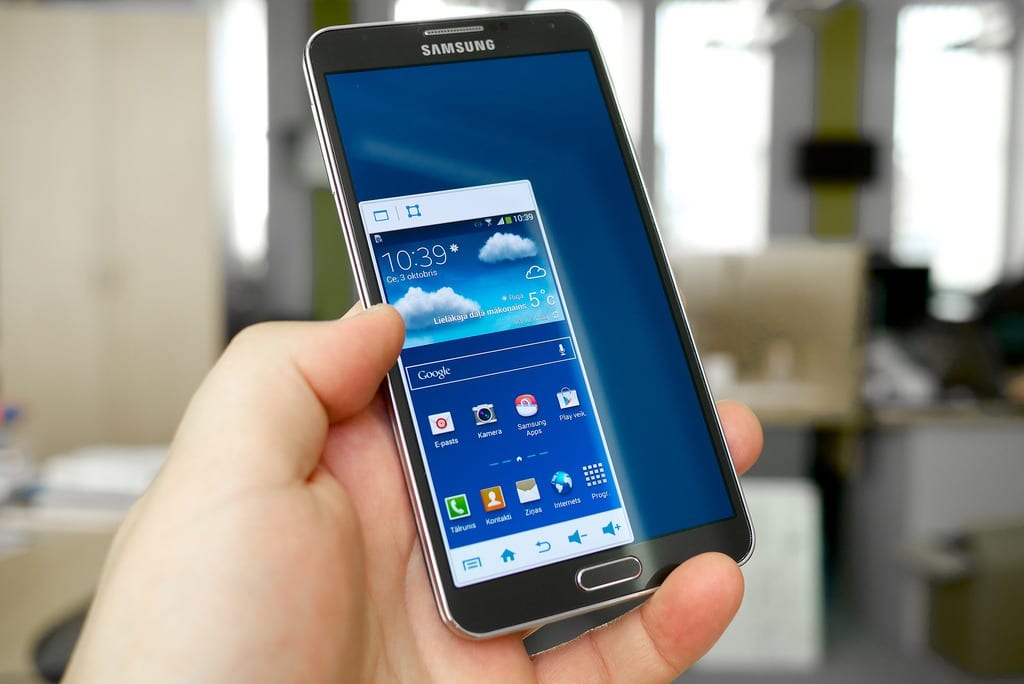The convergence of tablet and phone, unique features, and bigger screen real estate—these are but a few reasons why people are choosing a phablet as their next mobile device. But they also have disapproving characteristics that put off many users. These two basic reasons will tell you why a phablet may not be right for you.
It’s just too big!
When you compare phablets to a smartphone, the former is obviously bigger. The increase in size can be dramatic that certain problems arise. For instance, a phablet might not fit comfortably in your pocket. Got small hands? Then you’ll find the device quite unwieldy when you carry it single-handedly. One-handed operations won’t be easy either, and you’ll need to readjust your grip if you want to swipe the screen from bottom to top. And isn’t it awkward when you make a phone call on a phablet?
Jack of all trades, master of none
As a phone with tablet proportions, phablets are a delight for those who want one device that functions as two. But some features that it adopted from tablets have compromises. In other words, there are things you can do contentedly on a tablet, but rather unsatisfactorily on a phablet.
For instance, you can play games in tablets with more freedom for your fingers. Online content you would normally view on tablets often need to be zoomed in or scrolled down on phablets. Tablets also come with optimized apps (such as productivity suites and high-def games and movies) and more ports. With a docking station or Bluetooth keyboard, the tablet can even act as a laptop replacement.
Basically, the advantages that the phablet has are essentially their own drawbacks. Smartphone owners may find them too big, while tablet users may see them as not big enough. To be a phablet owner also means accepting the compromise on features.


